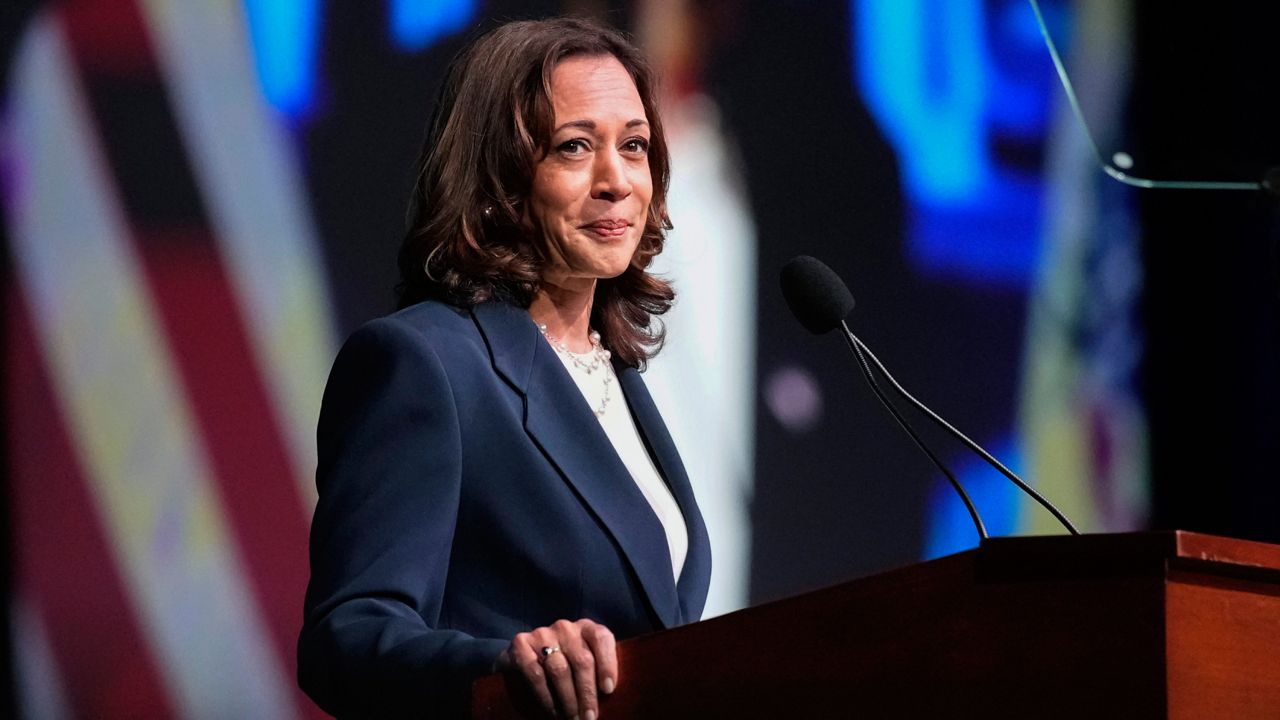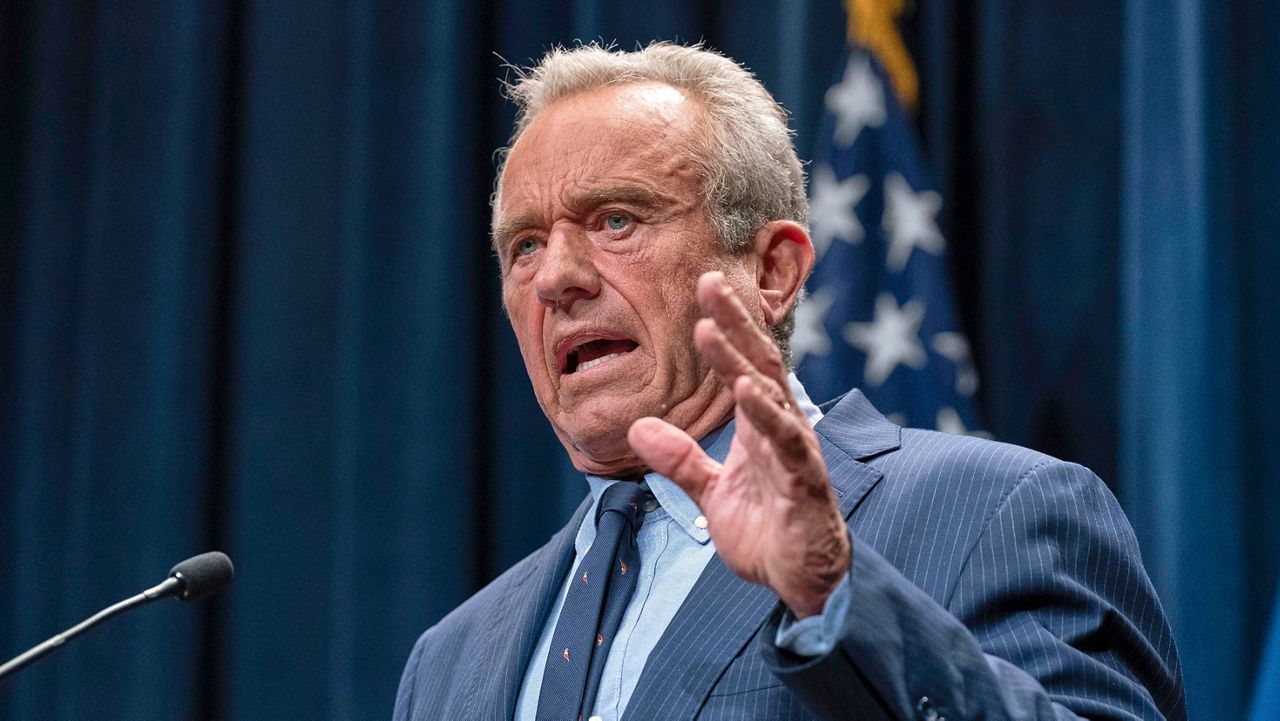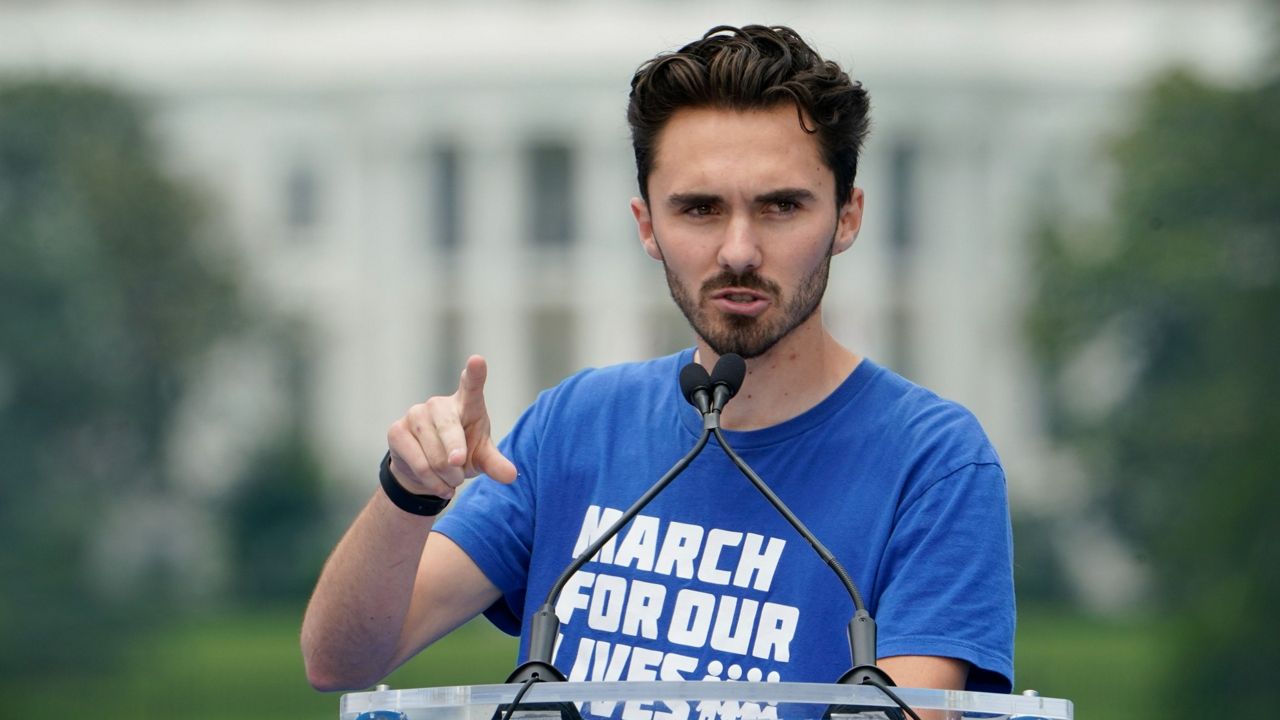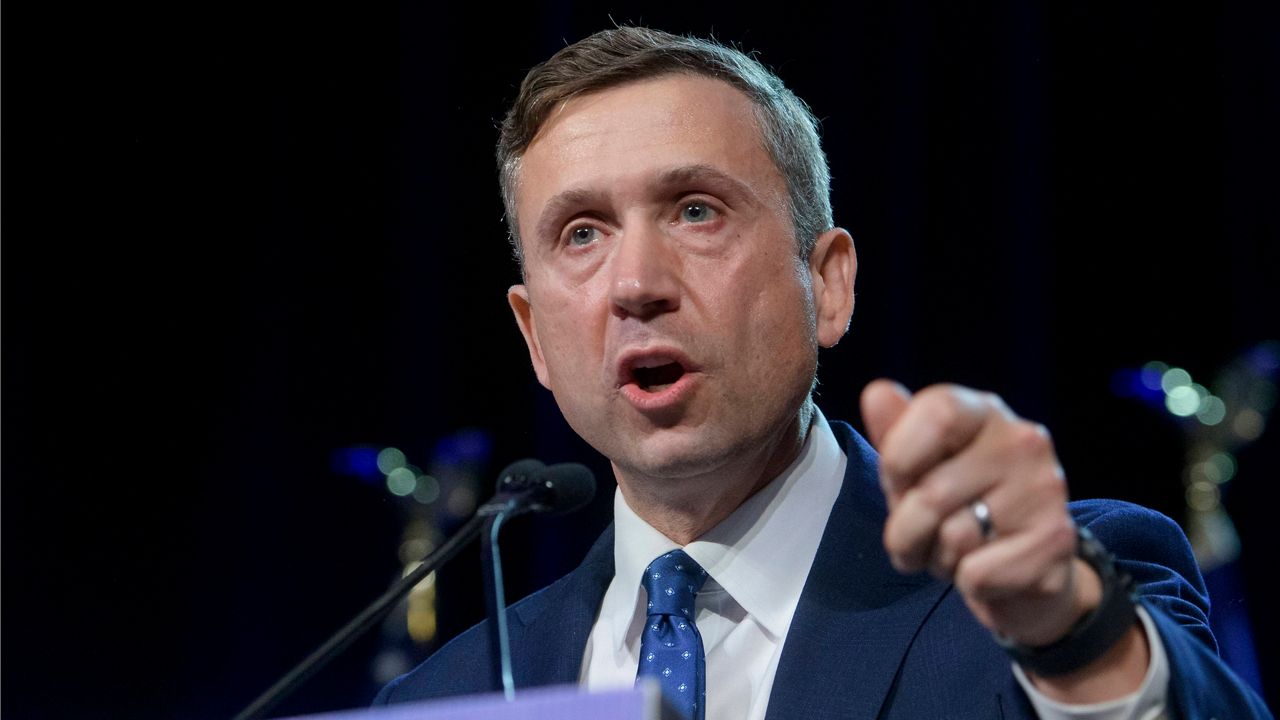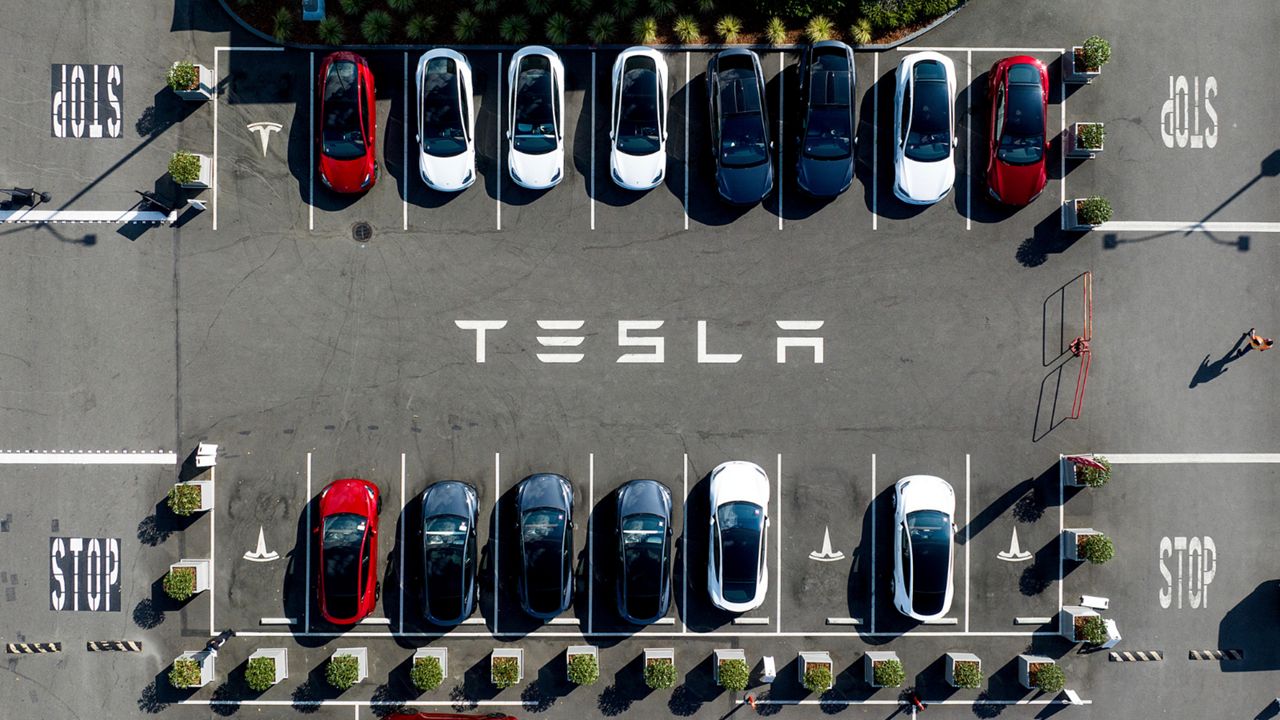Vice President Kamala Harris will lead a delegation of nearly a dozen U.S. officials on an official visit to Japan, where they will attend the funeral of former Prime Minister Abe Shinzo before traveling to the Republic of Korea.
Abe was shot to death in July on a street in western Japan by a gunman who opened fire on him from behind as he delivered a campaign speech. The 67-year-old Abe was Japan’s longest-serving leader when he resigned in 2020.
The trip marks Harris’ first official visits to both countries since taking office last year. Harris is set to meet with senior government officials and civil society leaders, and the White House said she will raise economic, trade and security interests during her trip.
While the primary purpose of the trip is to pay respects to the late leader of Japan, senior administration officials on Friday also said the delegation looks forward to a “busy and productive visit, covering a lot of issues that are critical to us and our allies and partners.”
In addition to honoring Abe’s legacy, Harris’ trip aims to both “reaffirm the United States’ commitment to our allies in an increasingly complex security environment” and to “deepen our overall engagement in the Indo-Pacific region,” officials added.
The vice president will arrive in Tokyo on Monday alongside Rahm Emmanuel, the current U.S. ambassador to Japan; Katherine Tai, the U.S. trade representative; Sen. Bill Hagerty, R-Tenn., who served as ambassador to Japan under former President Donald Trump and several other government officials.
Harris will meet with a number of world leaders during her overseas trip, including a Monday bilateral meeting with Prime Minister Fumio Kishida. On Tuesday, she will meet with Australia’s Prime Minister Anthony Albanese and South Korea’s Prime Minister Han Duck-soo before traveling to Korea on Thursday.
In Korea, Harris will meet with President Yoon Suk-yeol to “underscore the strength of the U.S.-ROK Alliance and discuss the threat posed by the DPRK, the importance of peace and stability across the Taiwan Strait, our growing economic and technology partnership, and a range of regional and global issues,” senior administration officials said in part.
China regards the self-governed island of Taiwan as its sovereign territory, has not ruled out force to reunify it with the mainland and has in recent months stepped up military activity in the area. That activity is at least partially in response to high-level U.S. congressional visits to Taipei, including by House Speaker Nancy Pelosi, and stepped-up American arms sales.
The U.S.-China relationship has become increasingly fraught in recent years over multiple issues, including the persecution of Muslims and ethnic minorities in China’s western Xinjiang region, clampdowns on dissent in Tibet and Hong Kong, aggressive Chinese actions in the South China Sea and against Taiwan, and the handling of the coronavirus pandemic.
Administration officials on Friday said the topic of Taiwan will likely “come up in the various bilateral meetings both in Japan and Korea,” adding: “This will be an opportunity for the vice president to discuss the recent developments and the way forward with the leaders of both Japan and the Republic of Korea.”
Those comments came soon after The Biden administration ramped up its diplomatic efforts to press China to end provocative actions against Taiwan and warned it about any active support for Russia in its war against Ukraine.
Secretary of State Antony Blinken made both cases in a meeting with his Chinese counterpart on Friday in a meeting on the sidelines of the annual U.N. General Assembly in New York, according to U.S. officials. The session was one of the few that Blinken kept on his schedule after the death of his father on Thursday.
The officials wouldn’t describe the Chinese response, but said Foreign Minister Wang Yi was receptive to the messages and that the two men discussed the need “to maintain open lines of communication and responsibly manage the U.S.-China relationship, especially during times of tension.”




